Excerpts from Teaching Palestine’s Poetry Teaching Guide
In this excerpt from Teaching Palestine: Lessons, Stories, Voices, Christensen offers teaching ideas for several poems in the book.

In this excerpt from Teaching Palestine: Lessons, Stories, Voices, Christensen offers teaching ideas for several poems in the book.

A poem by Linea King
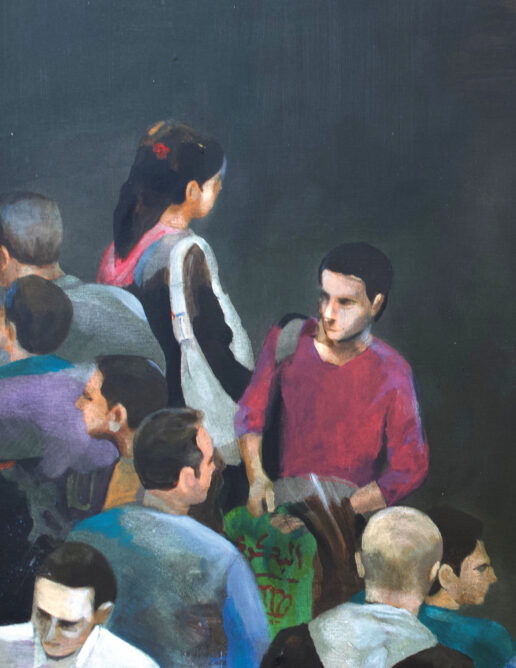
Through poetry and narrative, a Palestinian high school student in Portland, Oregon, shares her experiences in the aftermath of Oct. 7.
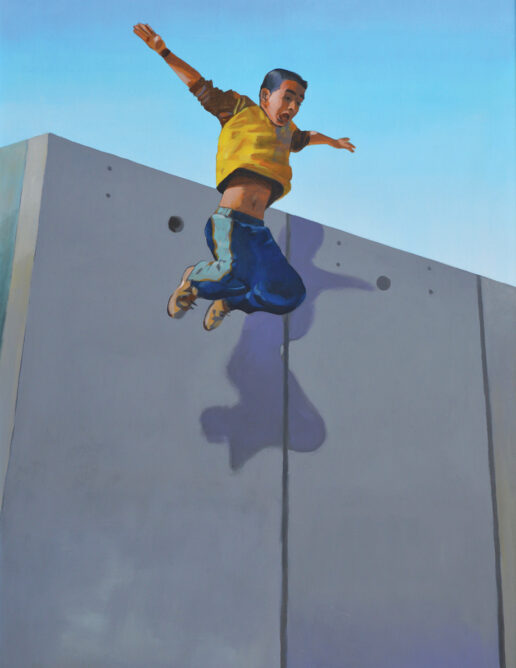
A poem by Naomi Shihab Nye
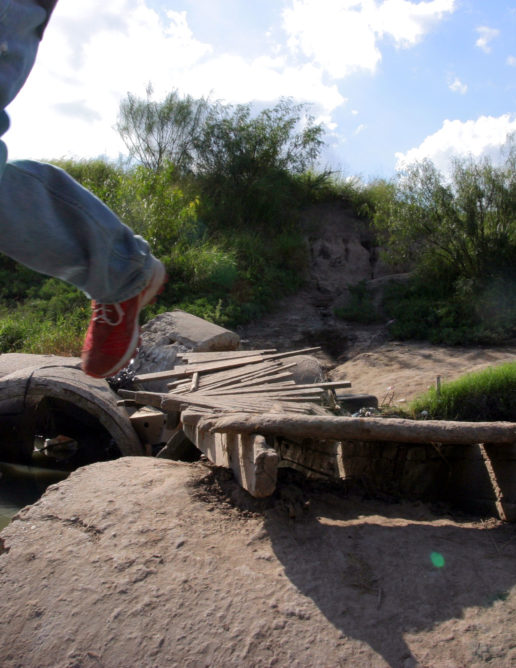
Alexander and their middle school students use the powerful poem “To live in the borderlands means you,” by Gloria Anzaldúa, to explore the borderlands of their own lives.
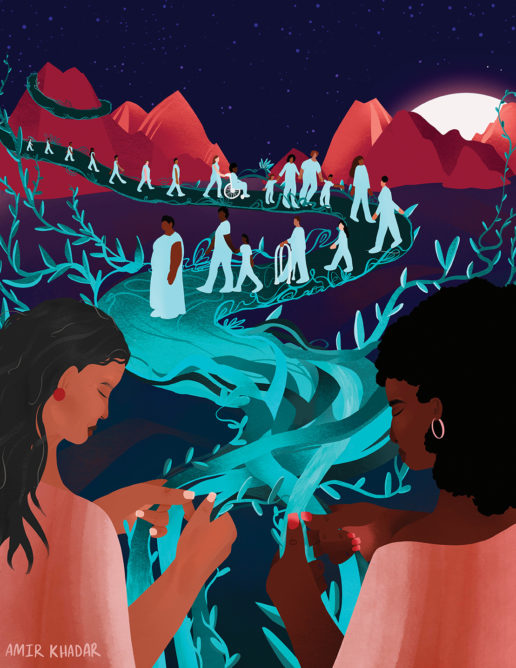
Christensen and Watson discuss powerful strategies for teaching writing — and deeply grounding curriculum in students’ lives through poetry.
Before I started writing this article, I asked students in my Contemporary Literature and Society class why teachers should teach poetry. The quotes used throughout the article are a result […]

Christensen argues that the tight reliance on the format of the literary analysis hinders students’ imaginations, and that they should instead write “unbound” essays of risk-taking and experimentation.

2020 did not make me,But neither did you break me,Separating families like cheap blinds,With the vinyl bubbling up in the middle,I still found a way to see,Determining how much light […]
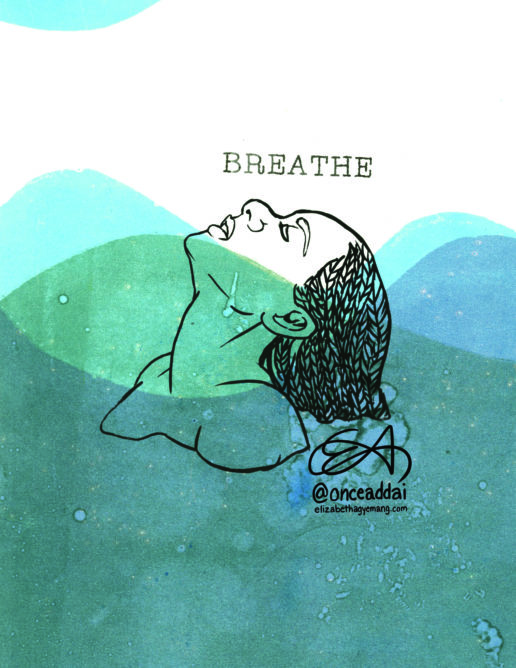
“I can’t breathe . . . please . . . Mama!”The knee choking the neck to deathPolice hands in pockets andIndifferent expressionsAnother day on the J-O-BAnd moreMore details I can […]
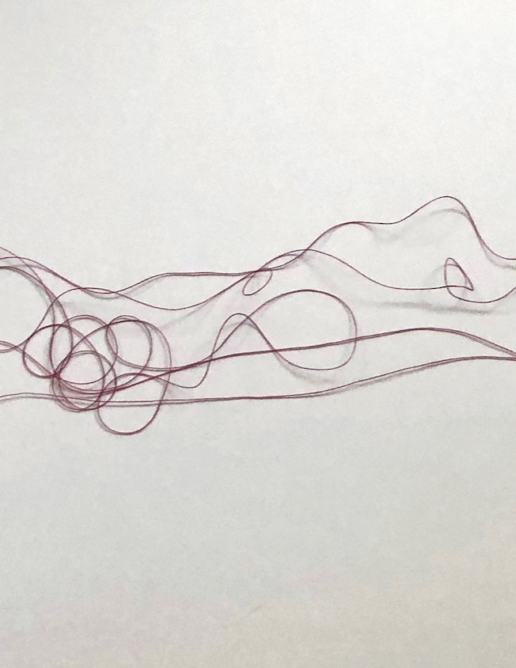
I remember my grandmother teaching meHow to sew. It never made sense. I never had the hands. But I always had the handsFor teaching. I was taught how To thread the perfect lessonTogether. Crafting […]
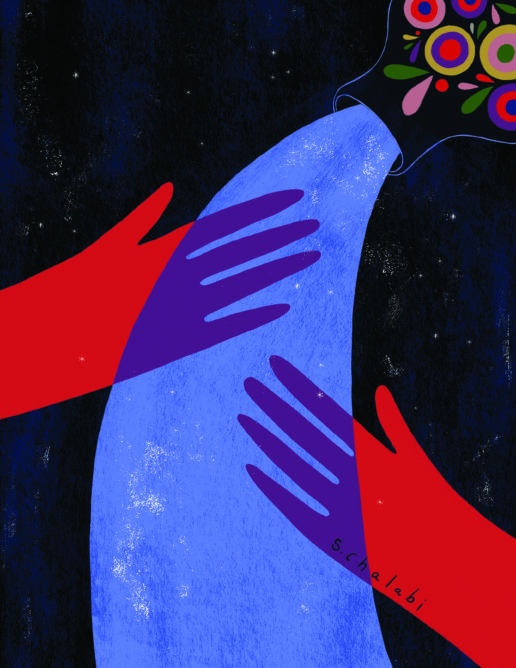
I hadn’t ever planned to teach online, but the Saturday before our college campus closed because of the coronavirus pandemic, I decided to cancel our face-to-face class because one of the […]

Student poetry about what raised me is woven into graphic art.

When Chicago stole my mother’s tongue, it also stole all her yesterdays. A poet’s lyric plea for teachers to nurture their students voices and stories.
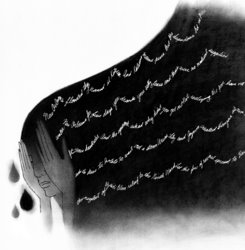
A poet in the schools leads students to compare three natural disasters-Hurricane Katrina, the San Diego wildfires, and the recent earthquake in Haiti-and turn their grief and anger into poetry.
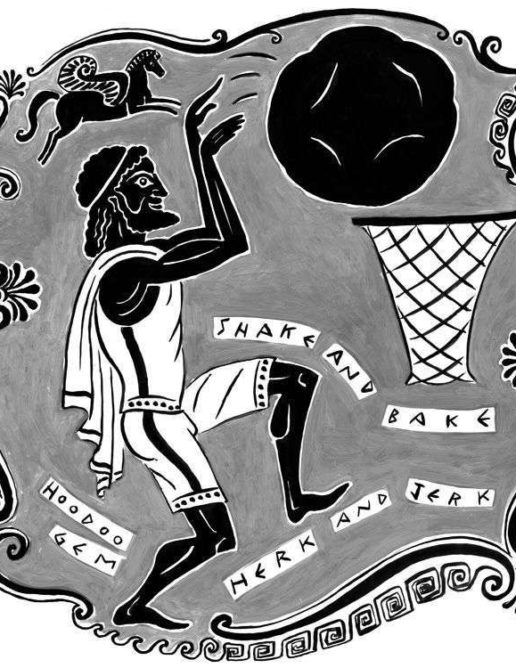
Get students passionate about writing and the grammar will follow
This content is restricted to subscribers
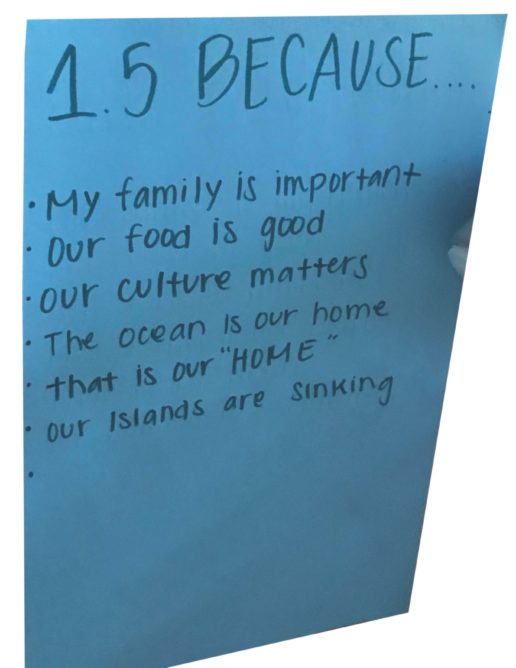
A high school ethnic studies teacher describes how students in the Pacific Island Club used poetry to refocus the narrative surrounding climate justice onto frontline communities.
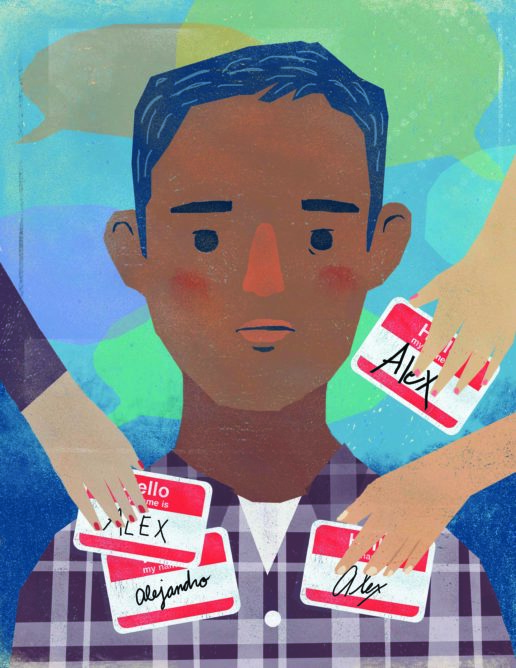
Students’ names are the first thing teachers know about the young people who enter our classrooms; they can signal country of origin, gender, language. Students’ names provide the first moment when a teacher can demonstrate their warmth and humanity, their commitment to seeing and welcoming students’ languages and cultures into the classroom.
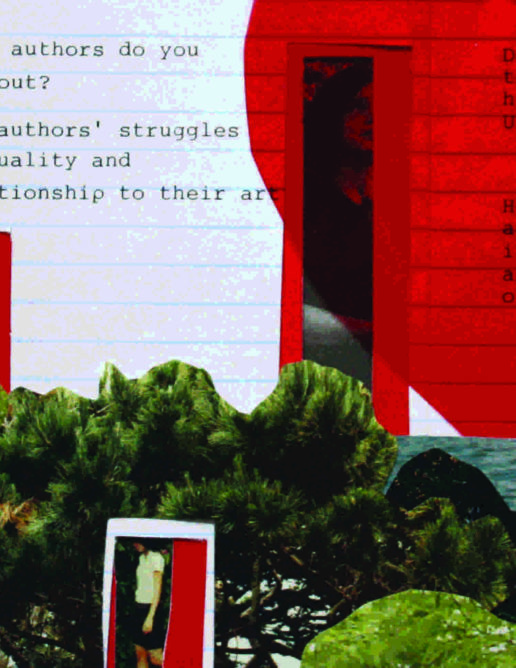
A high school English teacher (also the QSA staff advisor) wrestles with the suicide of a transgender student and calls on heterosexual and cisgender teachers to integrate LGBTQ authors, themes, and history into their classrooms.
at the West tip of Texas
a line divides us from them
and on the other side
they all look like me
yet on my side we sit passively nearby
while the other side allows a slow genocide
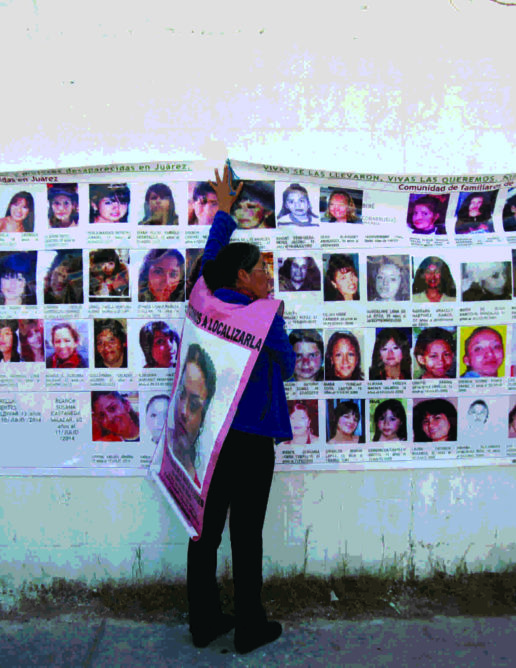
Since 1993, the Mexican border city of Ciudad Juárez has been shaken by disappearances of teenage girls and young women. Officials say they have few leads. The murders in Juárez have received some international attention, primarily due to government inaction. Yet little has been done by the government to prevent violence against women and girls, as officials neglect to bring their perpetrators to justice.
Residents do not let these deaths go unnoticed as hundreds of pink crosses — a symbol of these missing women — dot the border. An increase in these deaths coincided with the implementation of the North American Free Trade Agreement (NAFTA). A treaty between Mexico, the United States, and Canada, NAFTA sought to increase investment opportunities by eliminating tariffs and, like many other economic agreements, benefited the economic elites of the three countries while resulting in widespread unemployment, increased class stratification, and mass emigration. Most of the “disappeared” women work in assembly plants or maquiladoras, owned by the United States and transnational corporations that dashed to northern Mexico post-NAFTA to reap the benefits of lower wages and lax environmental regulation.

Using Marshallese poet and climate justice activist Kathy Jetñil-Kijiner’s poem “Dear Matafele Peinam,” a teacher helps 7th graders think about the sacred spaces in their own lives and how they will be affected by climate change.
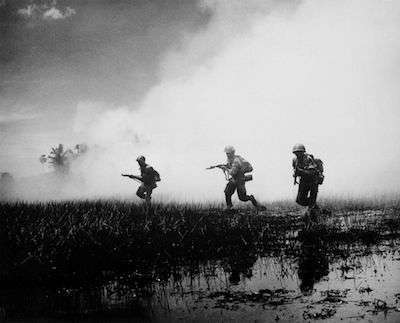
A teacher uses poetry and the creation of found poems as a way to get her students to think beyond the simple “two sides to every story” narrative of the Vietnam War.
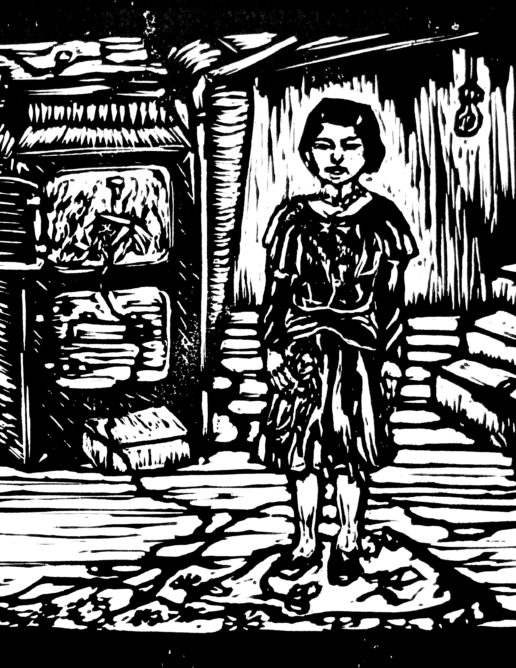
An introduction to persona poems, which ask students “to find that place inside themselves that connects with a moment in history, literature, life.”